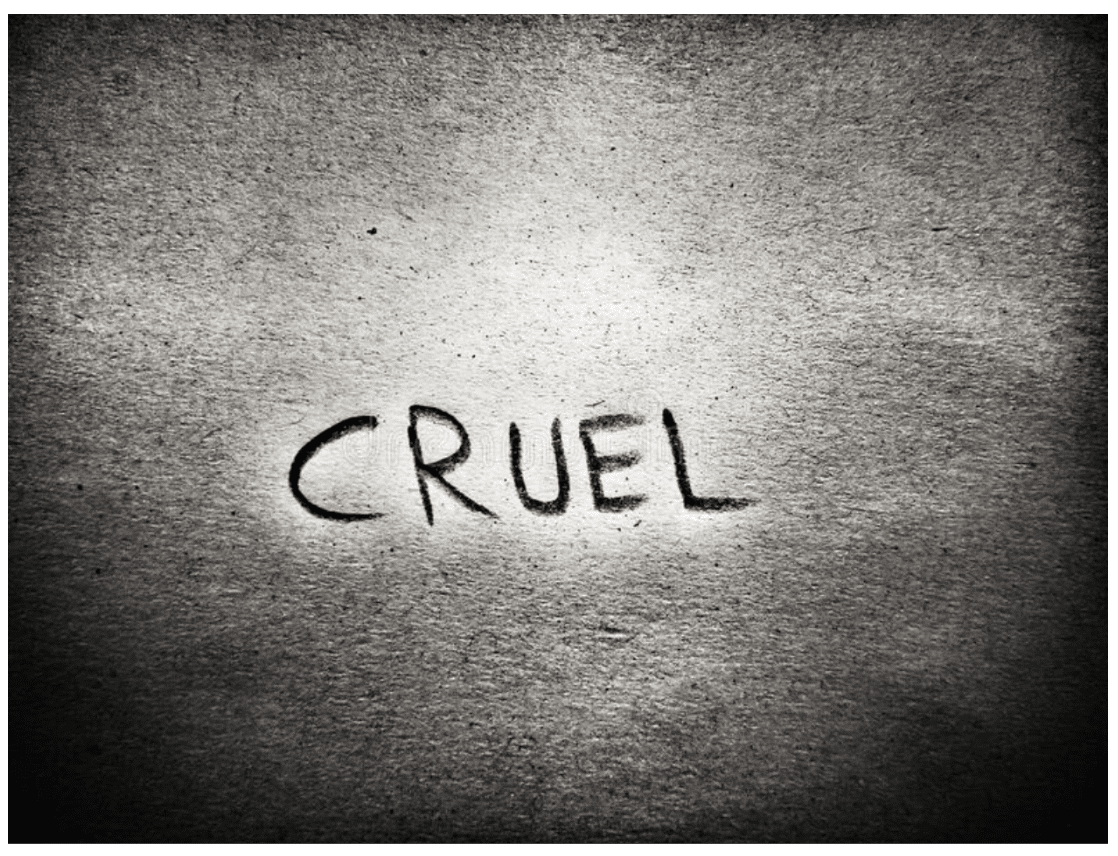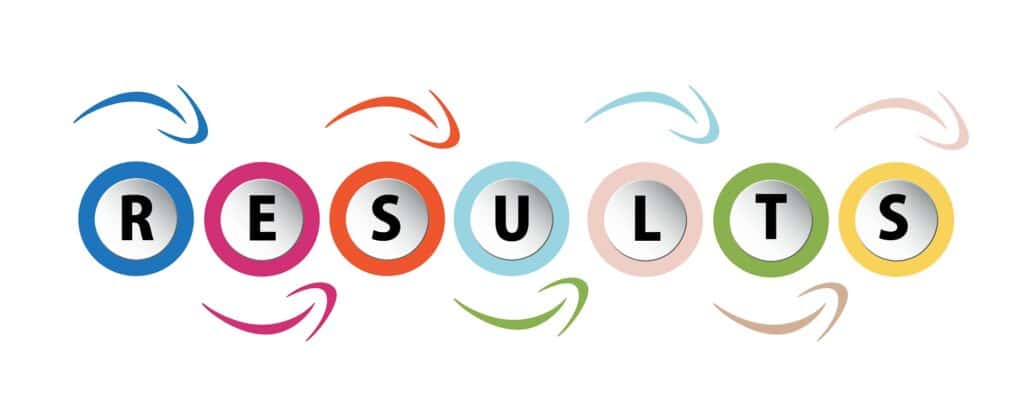A lot of ink has been spilled over the recent fiasco at the Oscars’ ceremony; but little of it has focussed on what are, for me, the most interesting questions raised. Of course assault is wrong; no need to debate that. But what about telling cruel or offensive jokes? It’s interesting to see that while physical acts are generally condemned, verbal taunts / abuse (choose your word) generally are not. Comedians publicly mocking individuals with medical condition, as Chris Rock did (especially when this individual was a person of colour, and a woman), are standard fare and create little public outrage, even though in her beautifully named article Broken Bones and Broken Hearts psychologist Naomi Eisennerger notes that..the painful feelings following social rejection and the feeling of physical pain may rely on the same neural circuitry. If this is right, the line between physical and verbal abuse may be less clear than it appears – as many victims of the latter will testify.
This is not an abstract or even just a Hollywood issue; ‘it was just a joke’ is a common reaction in schools and workplaces when cruel words are challenged, despite the enormous harm we know can be done by aggressors who never touch their victims.
British-Malawian comedian, Daliso Chaponda has noted the cultural element here; and that standards vary around the world. He said, in a BBC interview I’m going to generalise; in Africa, you can make fun of groups, right? Be it an ethnic group, a sexuality, you can make fun of groups. But when you start making fun of powerful individuals, that’s when you get in trouble. In Western countries… tear apart Trump, tear apart Boris Johnson, talk about any sort of individual as much as you want. But when you start talking about the religious group or racial group, that’s where you’re more likely to get in trouble. That has the ring of truth to it, and one can imagine the outcry had Chris Rock tried racist, sexist or homophobic humour. So given that socially acceptable humour is somewhat of a cultural construct, what might this mean for being respectful and sensitive in a multi-cultural environment, or indeed in an event with a global audience such as the Oscars?
It’s probably not helpful to try to determine a hierarchy of unacceptability, and we also should recognise that humour is often used in ironic and subtle ways which elude easy categorisation. For example, Slovenian Philosopher Slavoj Žižek writes about humour based on ethnic stereotypes in the former Yugoslavia: There were obscene, vulgar jokes about how each nation was identified in Yugoslavia with a certain characteristic, he says. We Slovenes were misers, the Croats nationalist, the Bosnians sexually obsessed but stupid, Montenegrins lazy, the Macedonians thieves. Žižek’s claim is that this showed, not that people really hated each other, but that the various communities were comfortable enough with the absurdity of stereotypical differences joke about them. He goes on to say With the rise of true tensions in the early 80s, these jokes disappeared. This was the best signal that something was really wrong. The extreme violence that followed led to break up of Yugoslavia a decade later, and the Bosnian genocide of 1993 – 1995. If Žižek’s is right, it’s the lack of cruel words that was the real indicator of the escalating problems! – which makes for interesting questions regarding the no tolerance approach which tends to force objectionable comments underground, out of view. That words or indeed the lack of words can be an issue points to the complexity of the issue.
So while there may be no single answer to the what’s an unacceptable joke? question, a lot comes down to context and power. The reason Chris Rock’s comment was offensive was because it publicly singled out an individual and highlighted a painful and somewhat humiliating condition. Worst of all, it treated Jade Smith less as a (vulnerable and in some ways marginalised) human being and more as a means of getting a cheap laugh from a powerful audience. It ignored her humanity, and that can never be right.
Another Hollywood example shows a contrasting approach. The Golden Raspberry Awards (‘Razzies’) are parody awards annually presented to the worst cinematic performances, and actor Bruce Willis had been given his own category “Worst Bruce Willis Performance”. Whatever we may think of that, it was the right thing to withdraw the category when Willis announced his condition of aphasia (a language disorder stemming from brain damage). What might once have been funny became cruel precisely because it was beyond his control, and because his human vulnerability meant that power had shifted away from him. Withdrawing the mockery was surely the right thing to do.
In schools, we can use these and other public examples when we have the conversations about what’s an unacceptable joke? To help students understand the subtleties here, rather than just to follow simplistic rules, we can engage them less in blanket affirmations or condemnations, and more in looking at the structures and power dynamics around humour. They can come to understand that the same words can be funny or cruel, depending on culture, power and the effect on identity (a joke about my balding dome would just bounce off me). They can realise that just because they can say something doesn’t mean they should; and we can bring them to insights that make them kinder, more compassionate and thoughtful friends and citizens.
With thanks to Ellie Alchin for the insights here.
Reference
- Eisennerger, N. (2022) Broken Bones and Broken Heart. Association for Psychological Science
- Levinson-King, R. (2022) Comedians on when a joke goes wrong – and that Oscars slap. Toronto, BBC News
- Mark, J (2002) The Razzies dissed Bruce Willis. After aphasia diagnosis, they took it back. Washington Post




3 Responses
Hi Nick, I enjoy your insights. I (rightly or wrongly) engaged in a conversation with a Grab driver the other day on this topic….. it left me wondering the same… the spectrum of acceptability….. and whose interpretation. The driver was in the "celebs need to handle jokes of any kind" I was left wondering why this is quite a commonly held belief? Cheers.
Yes, I have heard that one from some folk. While there is an element of pragmatic truth, it just seems unkind. I guess celebs *seem* so distant, remote, with lives of ease and luxury that it's hard to imagine them as humans like us. But of course they are.
Finally, some common sense on the event.